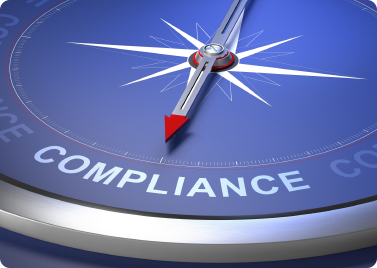Where are the corruption risks?
Preventing the risks of corruption and bribery requires mapping the operational and administrative processes in which this type of situation can occur, such as when interacting with public officials, participating in bidding processes or even contracting third parties and business partners.
This mapping and prioritization of risks allows the construction of processes for their mitigation, which translate into effective purchasing and payment procedures, and prudent hiring and compensation practices.
To validate the effectiveness of these controls, BRK continuously monitors key company processes, and the results are reported quarterly to the Ethics Committee and the Board of Directors.
Risk assessment is also carried out in the processes for evaluating new businesses. Corruption risks are mapped on investment intentions for mergers and acquisitions (M&As) and for the formation of joint ventures.












